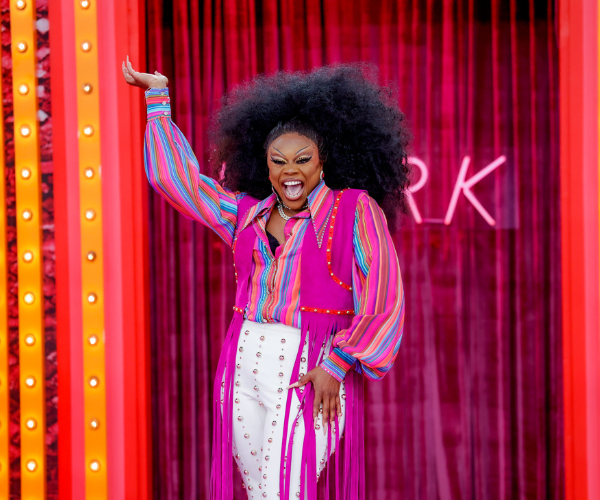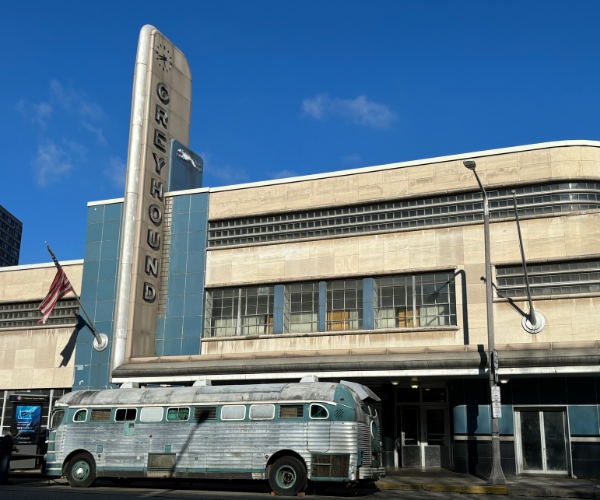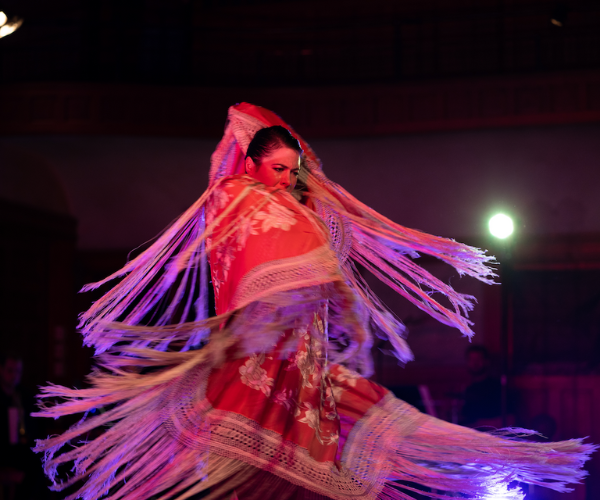A daughter’s love helps her mother face breast cancer. Siblings battle over who can provide the best care for their sister. A parent suffering from Alzheimer’s disease struggles to understand her daughter’s diagnosis.
These are just a few of the real stories that will come to the Cleveland Play House stage April 24 for From Breast Cancer to Broadway. Over the course of six weeks, 11 African-American breast cancer survivors met for writing workshops at The Gathering Place with poet and playwright Bridgette Wimberly, who helped them craft their stories into a stage production.
“We really bared our souls,” says Sabrina Heath, who completed her treatment last May. “There are a wide range of experiences within the group — that is what I really enjoyed.”
That experience of dealing with the disease, whether it be for just a few months or 20 years, led to a strong sisterhood as the group poured out the most trying moments of their journeys. The result, the women hope, will inspire others.
“The plays tell stories that, especially in the African-American community, we don’t talk a whole lot about,” says Cordi Stokes, the daughter of former Cleveland mayor Carl Stokes.
By going through the writing process, the women confronted emotions some had buried deep and learned to discuss the impact cancer has had on them and their families.
In her play, Stokes opens a family vein and discusses her daughter’s role in helping her work through treatment. “I think she thought part of me had been taken away from her, or she was looking at my death,” Stokes says.
Some of the moments presented in the show are humorous, though. Finding comedy in the every day was important for Heath, who decided to write a play centered on what her Alzheimer’s-stricken mother must have been thinking about her cancer diagnosis.
“When I lost all my hair and I didn’t have my wig on, she would rub my head and say, ‘Sweetie, how are you doing? … Don’t you look pretty,’ ” Heath recalls.
Before deciding on the story each would tell, the 11 participants were asked to share a perspective of their breast cancer story they felt would resonate with others facing the disease.
“I think all women are terrified of getting breast cancer, especially in the African-American community, where people die a lot more from it or get reoccurrences,” says Wimberly, who drew inspiration from her sister, Bernadette Scruggs, who was diagnosed with breast cancer almost four years ago. “Women won’t even go to get a mammogram because they don’t want to know [the results].”
For Heath, the opportunity to put herself in her mother’s shoes was therapeutic. “She was experiencing this with the barrier of a memory issue, so she couldn’t really express herself,” Heath says. “Life is never going to be the way it was, but you can’t go back. You have to keep moving, keep moving forward.”
Stokes can relate. She too struggled to see her life after cancer in the same way. “It took me the journey to be able to look at myself and say, ‘You’re still the same person.’ ”



